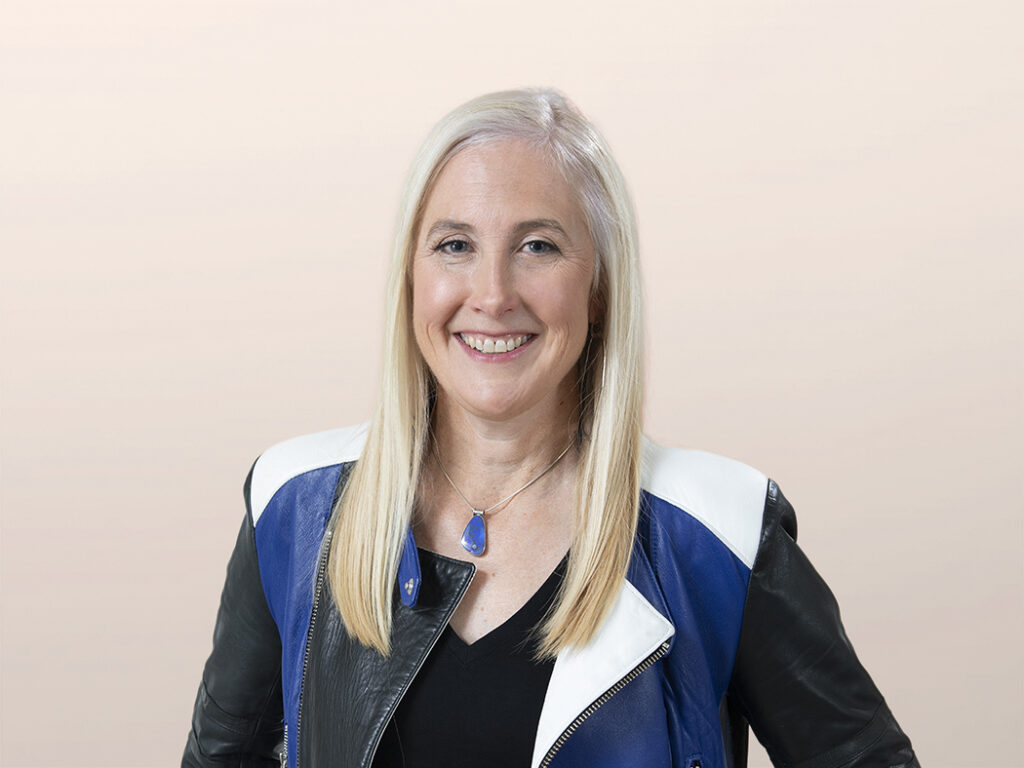Coca-Cola Leverages Context To Create Engaging Mobile “Chok” Campaign In Hong Kong
I've written a lot about the notion that the "Future Of Mobile Is Context" this year at Forrester. Since publishing this research this spring, I've been searching for examples and case studies of innovative uses of context. (See how marketers and eBusiness pros can leverage context.)
Coca-Cola is allowing consumers in Hong Kong to enter a sweepstakes by virtually collecting bottle caps from a 3rd screen (TV, movie theather). The audio signal from the commercial triggers the application/ syncs the user's motion with the video. The acclerometer is used to assess the quality of the motion of the user's mobile phone — the device that is used to catch the bottle tops virtually. See video.
Why is their use of context sophisticated?
In the research, I describe the four phases of evolution.
Phase 1: the basics — leveraging location, time of day, etc.
Phase 2: layering intelligence — so, not just time of day, but time of day relative to an event
Phase 3: using new technology in phones (e.g., sensors, two cameras, etc.)
Phase 4: more sophisticated use of the sensors and technology to control the device
Coke's campaign is what I would call a v 2.0 use of mobile (they are enhancing another touchpoint – see research) with some Phase 3/4 context. They enhance the video/commercial experience by getting the consumer to be active. The act of collecting the bottle tops gets the consumer off the couch and to interact with the ad directly. I think it's very cool.
So as an eBusiness professional, what does it mean to you? Certainly branding and sweepstakes typically fall to your brand or interactive marketing counterparts. What if rather than collecting options to enter a sweepstakes, they were putting items seen on TV into a virtual shopping cart? And taken directly into a purchase path on the phone? For higher consideration items like insurance, mortgages, and cars, what if they could raise their hand for more information or a quote? (Anyone seen Progressive's commercials leveraging Shazam?)
Was it gimicky? Or did it work? They won a Digital Media Award. They had 300,000 downloads within 3 weeks. Became the #1 free app within 15 hours of launch. Online social chatter was up 218%.
